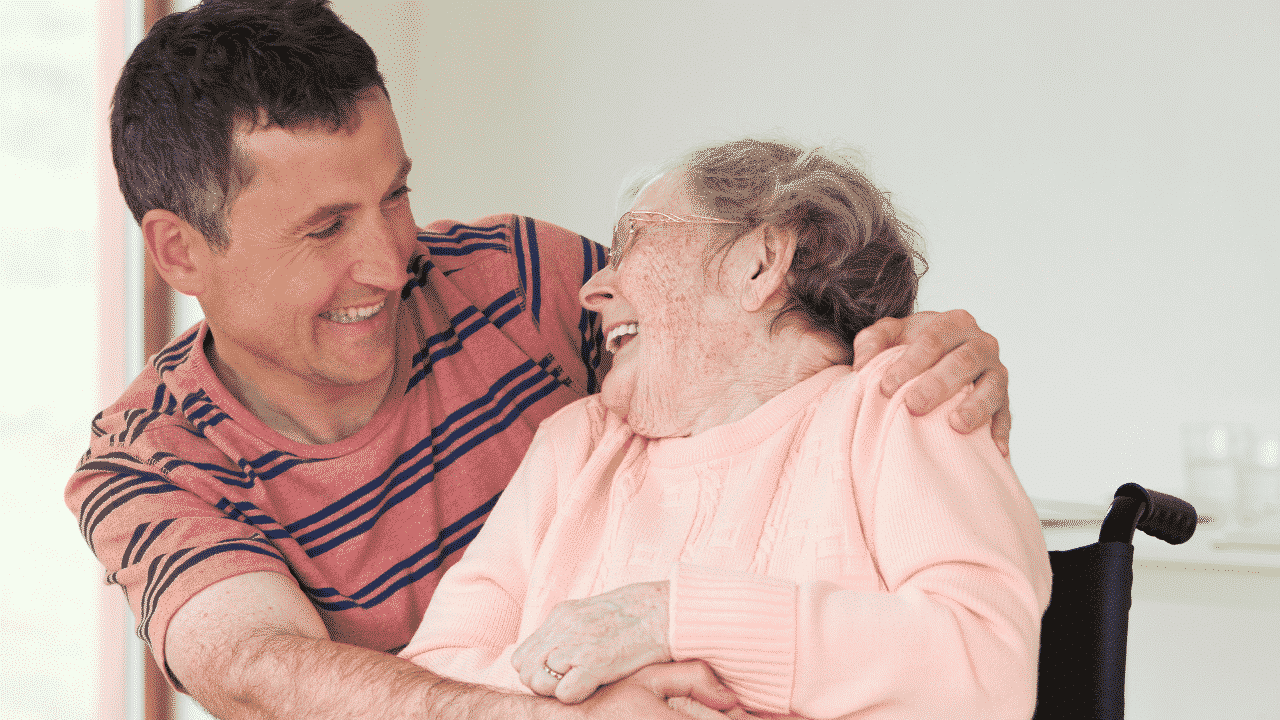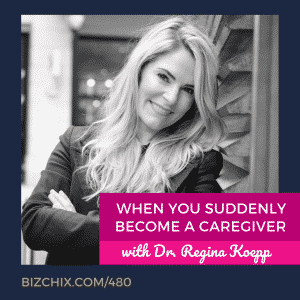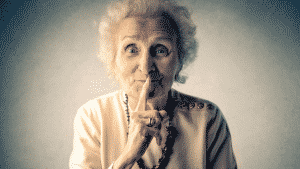If you are just starting out with helping care for aging parents, you might be feeling overwhelmed and unsure of how to help. Not only are you flooded with loads of new information about medical conditions, you’re also experiencing complex family dynamics and your own messy feelings to manage in the midst of it all. Today’s episode will help to guide you in the common yet difficult experience of becoming a family caregiver.
In this episode, you’ll learn:
- How to prepare for the caregiver’s journey
- How to strengthen your relationship with your aging parent before you become a caregiver
- One of the most challenging role transitions older adults and new caregivers face
- What is (what I call) the Ambiguous Caregiver?
- Tips for navigating binds and dilemmas with aging parents
- Where to look for answers about your aging parent’s condition
Links mentioned in this episode:
- Download the Free Memory Loss and Mental Health Guide for Older Adults
- Learn more about Caring for Aging Parents: Caregiving Tips
- Aging Parent Refusing to Go to the Doctor? Here’s How to Help
- Learn about Brain Changes Typical with Aging and Not Typical
- Expert Tips on What to do When Elderly Parent Refuses Needed Care (including links on where to find a Geriatrician- a Primary Care Provider who specializes with older adults)
Related Episodes:
- When Aging Parents Need Help: Family Caregiving Roles & Impacts
- Lower Caregiver Stress with Proven Resilience Strategies
References:
- Qualls & Williams (2013). Caregiver Family Therapy: Empowering Families to Meet the Challenges of Aging
Listen to my interview with Natalie Ekdahl where she shares her lessons learned as a new caregiver and interviews me on “Becoming a Caregiver”
[templatera id=741]






